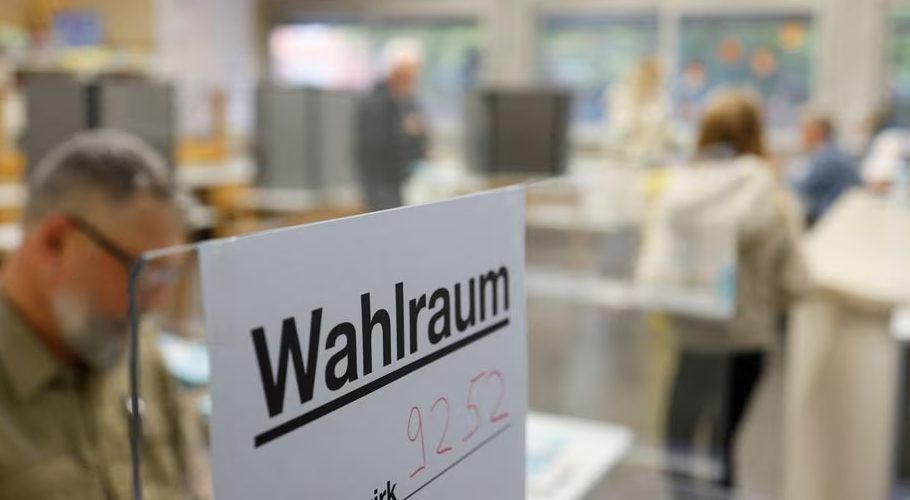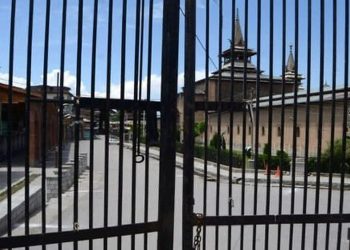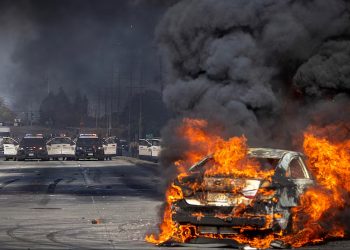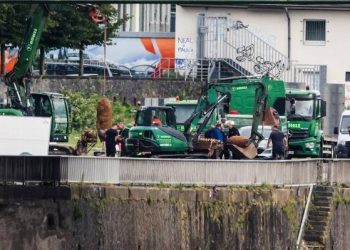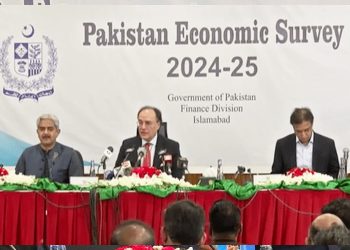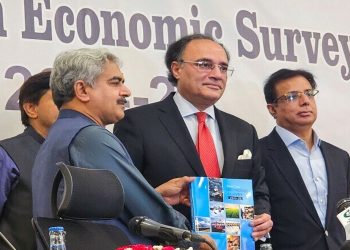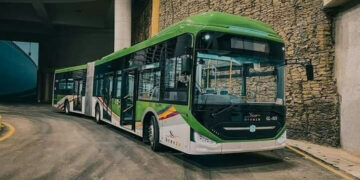BERLIN: Voters dealt the parties of Chancellor Olaf Scholz’s fractious centre-left coalition a sharp rebuke in the key states of Bavaria and Hesse on Sunday, with economic woes and migration fears boosting the opposition conservatives and the far right.
The elections saw the far-right Alternative for Germany (AfD) party burst out of its post-industrial eastern strongholds to score its best-ever result in a western state, in Hesse, and come in second place in both states.
All three parties in Scholz’s federal coalition – his Social Democrats, the Greens and the pro-business Free Democrats (FDP) – did worse than five years ago in the states that together account for around a quarter of the German population.
The FDP looked on track to fail to reach the 5% threshold to enter parliament in Bavaria, and possibly Hesse too.
In Hesse, home to the glittering towers of financial capital Frankfurt, the CDU were forecast to get 34.6% of the vote for the state legislature, likely allowing them to govern for another term, projections for ARD state broadcaster at around 2200 CET showed.
The SPD’s 15.1% – down 4.7% on its 2018 results – was a personal blow to Interior Minister Nancy Faeser, whose campaign to head the state was dogged by criticism of her handling of a surge in irregular migration.
The failure of the far-left Left party to reach the 5% threshold necessary to remain in the state parliament in Hesse added to the broader shift to the right.
Meanwhile the CDU’s sister party the Christian Social Union (CSU), which has run Bavaria since 1957, was projected to win 36.4% of the vote in that state – its worst result since 1950, although only a fraction below 2018’s.







